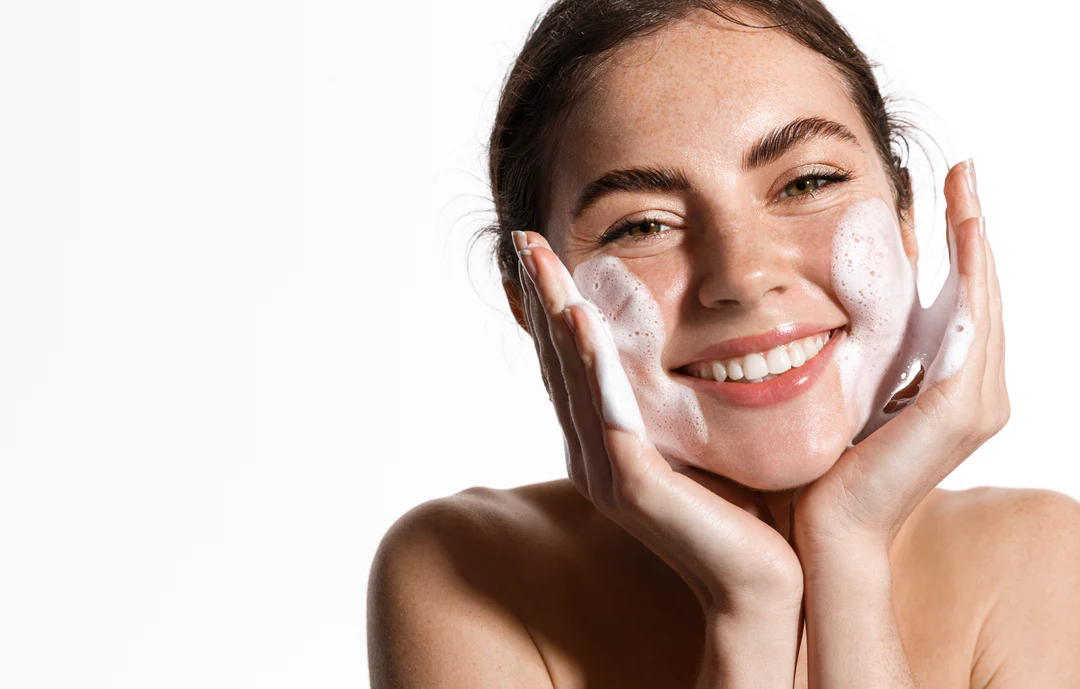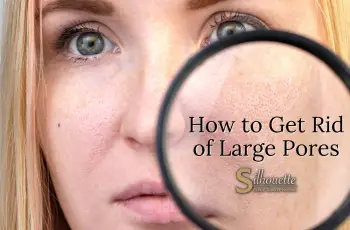
Can Hyaluronic Acid and Peptides Work Together?
The beauty of hyaluronic acid is that it’s one of the few ingredients that can be used with other ingredients without causing irritation, even those that are notoriously potent and sometimes harsh on the skin. As for peptides, they’re also a skincare ingredient that often works effectively when combined with other ingredients. The question is whether the two can work well together. This is what we’ll explore together in today’s blog post. Before we get started, let’s quickly review the benefits of peptides and hyaluronic acid and how they work to keep your skin healthy and happy.
What are the benefits of hyaluronic acid for skincare?
The moisturizing properties ensure that moisture is trapped in the skin and keeps the protective barrier in its healthiest state.
Helps reduce the appearance of fine lines and wrinkles.
Rejuvenates the skin and ensures a smoother texture.
Stimulates skin cell regeneration, ensuring a healthier appearance.
Reduces signs of hyperpigmentation, dark spots, and acne scars.
Improves overall skin clarity.
If you want to learn more about hyaluronic acid, read our dedicated blog post on this clever moisturizer.
What are the benefits of peptides for skincare?
Improves the skin barrier and protects against damage caused by free radicals such as pollution and UV rays.
Reduces signs of wrinkles and makes skin look plumper and firmer.
Has antimicrobial properties, i.e. it kills acne-causing bacteria.
Relieves inflammation and repairs skin damage.
Boosts the production of collagen and elastin in the underlying layers.
There is a lot more to learn about peptides, so don’t forget to read our more detailed blog post on the benefits you can expect.
Can hyaluronic acid and peptides be used together?
When you use hyaluronic acid and peptides together, you actually can. The two form a potent skin combination that can be highly effective while ensuring that the protective barrier remains healthy and in top condition. With the help of peptides acting on the underlying layers, collagen production is boosted, giving the skin a youthful elasticity. You’ll also find that hyaluronic acid benefits from layering with a peptide serum, as it draws in the moisture contained in the formula and holds it in place.
What not to mix with peptides?
There are some skin ingredients that can be mixed with peptides, and some that should be avoided. Here are some examples of effective partnerships:
Don’t Mix Peptides and Acids
Exfoliating acids, such as glycolic, lactic, and other alpha hydroxy acid members, as well as the popular beta hydroxy acid salicylic acid, should not be mixed with peptides. This is because these acids can break the bonds that make up the amino acid chains in the peptides. This means that they cannot perform their intended effects on the skin.
Do Retinol and Peptides Mix?
Because retinol is considered so potent, its combination with other ingredients is often limited. However, peptides are an effective partner and actually help improve the penetration of retinoid formulas once they are applied to the skin’s surface. Since retinol is quickly absorbed into the skin, the nourishing effects of the peptides kick in, leaving your complexion vibrant, plump, and youthful.
As with all skincare ingredients, it’s important to perform a 24-hour patch test before applying a new formula to your face. If you have any further concerns, it’s best to consult a doctor or healthcare professional to avoid unnecessary skin irritation.
What Should You Not Take with Hyaluronic Acid?
There are very few skincare ingredients that can’t be mixed with hyaluronic acid. You’ll often find that most over-the-counter products have at least 2% hyaluronic acid in their formulas. That’s because hyaluronic acid works well with almost any ingredient. Believe it or not, the only ingredient that can make hyaluronic acid fail is hyaluronic acid itself. This is because when too much hyaluronic acid is applied topically, the humectant content is too high and moisture is drawn away from the underlying layers of the skin, which can lead to dehydration over time.
How long does it take for peptides to work?
The first time you apply a peptide-rich serum to your skin, you’ll notice a change in your overall complexion. With continued use, the increase in nourishing amino acids can significantly improve texture and radiance, and reduce signs of premature aging. After about 3-6 months, you’ll see the full benefits of peptides and how well they work on your skin.
How to Introduce Peptides to Your Skin?
You can apply peptides to your skin twice a day. They effectively moisturize the surface of your skin, ensuring that the protective barrier remains at its healthiest and can protect itself from potential damage, such as: B. UV radiation, pollution, and other free radicals. You’ll often find peptides in products like serums and moisturizers. The cardinal rule of skincare is to make sure you apply the products in the correct order, from thinnest to thickest consistency. This means using these products later in your routine, as serums and moisturizers are thicker than cleansers, toners, etc.
Do peptides firm your skin?
Yes, peptides work in the lower layers of the skin to boost and stimulate collagen production. Over time, this can lead to skin that appears firmer and signs of aging, such as: B. Sagging skin due to loss of elasticity, can be significantly improved. Many skin care experts recommend combining your peptide products with other products containing retinol for a routine that can really make a difference. When using the products, you should also make sure to always apply upwards, not downwards, as this counteracts the effects of gravity on the skin.
Here’s more information on using hyaluronic acid and peptides together. Don’t forget to find us on Instagram if you have any other skin-related questions.


